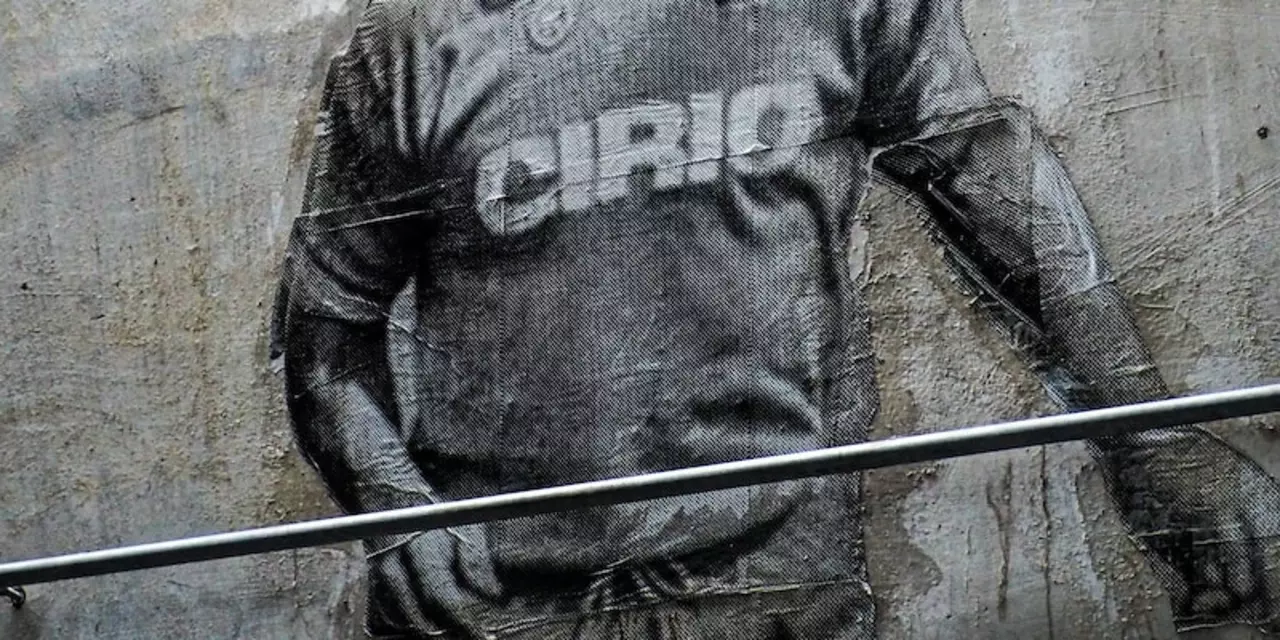Soccer Players – All You Need to Know
When talking about soccer players, athletes who train and compete in football (soccer) at any level, from grassroots teams to global stars. Also known as footballers, they depend on a mix of fitness, technique, and game sense. A player’s progress is tightly linked to soccer skills, dribbling, passing, shooting and defending abilities that define on‑field performance. Behind the scenes, soccer agents, professionals who negotiate contracts, secure endorsements and guide career moves shape opportunities and earnings. Together these elements form the core of player development, a process that starts in youth academies and continues through senior competition.
Key Topics Covered
Understanding youth development programs, structured training environments that teach technique, tactics and mental resilience helps explain why some nations produce world‑class talent faster than others. For example, the United States struggles to become a global soccer power because its youth pathways lack consistent funding and competitive depth, a point echoed across many of our posts. Another frequent theme is the spread of player misconceptions, false beliefs such as “soccer is low‑scoring” or “all footballers are drama‑kings” that cheapen the sport’s image. Debunking these myths clears the way for broader fan engagement and better support for athletes.
Our collection also dives into practical gear advice, like choosing the right Nike cleats for a center‑back, and explores how agents negotiate deals that let players focus on the game instead of finances. Each article ties back to the central idea that a soccer player's success is a blend of personal skill, professional representation, and supportive infrastructure. Below you’ll find a range of stories – from training tips and myth‑busting to industry insights – that together paint a full picture of what it means to be a modern soccer player.
Why do some soccer players dive when barely touched?
In the world of soccer, diving is a controversial issue. It occurs when a player goes to the ground without clear contact from an opponent and often results in a foul being called in their favor. There are many reasons why a player may choose to dive, such as fear of contact, the desire to gain an advantage, or to deceive the referee. While diving can be seen as dishonorable, it can be an effective strategy if used correctly. The key for players is to understand when to dive and when not to dive for the best results.

 Sports Analysis
Sports Analysis